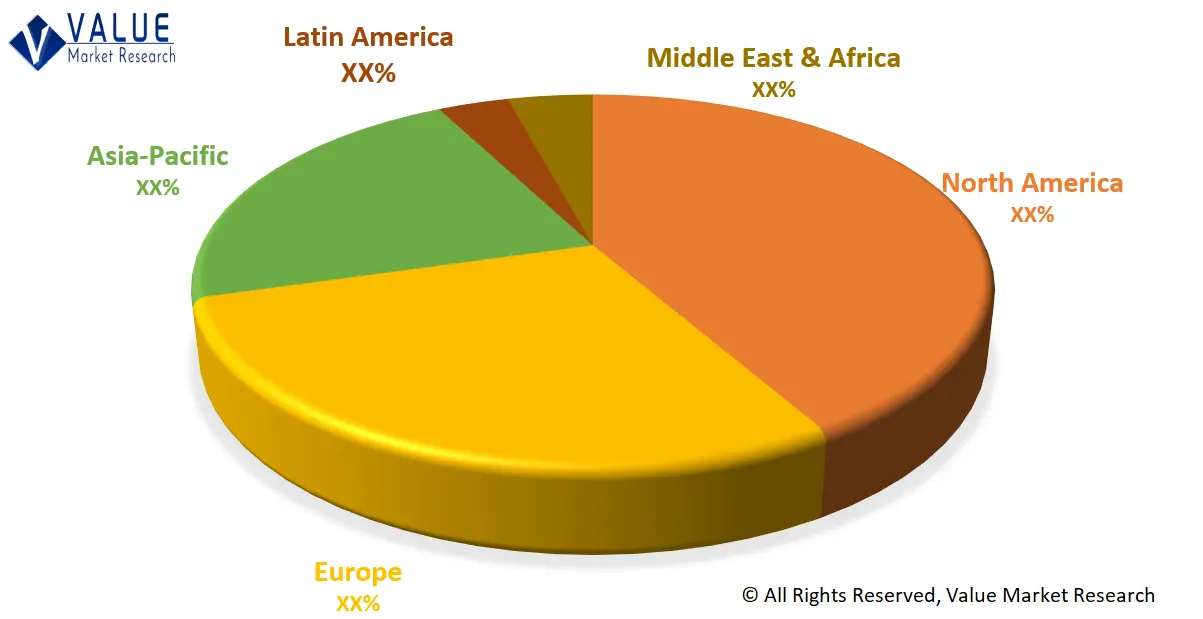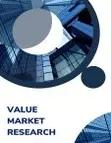The global demand for Biological Safety Testing Products And Services Market is presumed to reach the market size of nearly USD 12.88 Billion by 2032 from USD 5.01 Billion in 2023 with a CAGR of 11.06% under the study period 2024 - 2032.
Biological safety testing products and services encompass a range of assays, reagents, consumables, equipment, and laboratory services used for assessing the safety, purity, and potency of biopharmaceutical products such as vaccines, monoclonal antibodies, cell therapies, gene therapies, and recombinant proteins. These products & services are crucial for ensuring compliance with regulatory requirements and quality standards set forth by regulatory agencies, including the U.S. Food and Drug Administration (FDA) & the European Medicines Agency (EMA). Biological safety testing involves evaluating the presence of contaminants, toxins, adventitious agents, and impurities in biological products through cell-based assays, molecular assays, immunoassays, microbiological assays, and bioassays.
Market Dynamics
The growing demand for biological drugs, vaccines, and biologics drives the need for rigorous testing of raw materials, intermediate products, and final formulations to ensure their safety, purity, and efficacy for clinical use. With factors such as the rise in biopharmaceutical R&D, the development of novel biologics and biosimilars, and the increasing globalization of pharmaceutical supply chains, there is a growing emphasis on comprehensive testing protocols, risk mitigation strategies, and quality control measures to address emerging biological hazards, contamination risks, and regulatory requirements. Additionally, advancements in analytical techniques, cell-based assays, and molecular biology methods enable the development of innovative biological safety testing products and services that offer sensitive, specific, and reliable detection of microbial contaminants, adventitious agents, and impurities in biopharmaceutical products and manufacturing processes.
Moreover, the increasing adoption of in vitro and in vivo testing methods, such as cell culture assays, nucleic acid amplification techniques, and animal models, drives biological safety testing products and services market innovation as companies seek cost-effective, high-throughput, and predictive testing platforms that streamline product development, accelerate regulatory approval, and ensure patient safety. Furthermore, the growing complexity of biopharmaceutical products, manufacturing processes, and regulatory requirements drives market demand for specialized testing services, consultancy, and outsourcing solutions. However, the increasing complexity of regulatory requirements, technological advancements, and safety standards may challenge the growth of the biological safety testing products and services market in the coming years.
The research report covers Porter’s Five Forces Model, Market Attractiveness Analysis, and Value Chain analysis. These tools help to get a clear picture of the industry’s structure and evaluate the competition attractiveness at a global level. Additionally, these tools also give an inclusive assessment of each segment in the global market of biological safety testing products and services. The growth and trends of biological safety testing products and services industry provide a holistic approach to this study.
Market Segmentation
This section of the biological safety testing products and services market report provides detailed data on the segments at country and regional level, thereby assisting the strategist in identifying the target demographics for the respective product or services with the upcoming opportunities.
By Product
- Reagents & Kits
- Services
- Instruments
By Application
- Vaccines & Therapeutics (Vaccines, Monoclonal Antibodies, Recombinant Protein)
- Blood & Blood-Based Products
- Gene Therapy
- Tissue & Tissue-Based Products
- Stem Cell
By Test Type
- Endotoxin Tests
- Sterility Tests
- Cell Line Authentication & Characterization Tests
- Bioburden Tests
- Adventitious Agent Detection Tests
- Residual Host Contamination Detection Tests
- Others
Regional Analysis
This section covers the regional outlook, which accentuates current and future demand for the Biological Safety Testing Products And Services market across North America, Europe, Asia-Pacific, Latin America, and Middle East & Africa. Further, the report focuses on demand, estimation, and forecast for individual application segments across all the prominent regions.
Global Biological Safety Testing Products And Services Market Share by Region (Representative Graph)

The research report also covers the comprehensive profiles of the key players in the market and an in-depth view of the competitive landscape worldwide. The major players in the Biological Safety Testing Products And Services market include Charles River Laboratories, BSL Bioservice, Merck KGaA (MilliporeSigma), Samsung Biologics, Sartorius AG, Eurofins Scientific, SGS Société Générale de Surveillance SA, Thermo Fisher Scientific Inc., Biomérieux, Lonza. This section consists of a holistic view of the competitive landscape that includes various strategic developments such as key mergers & acquisitions, future capacities, partnerships, financial overviews, collaborations, new product developments, new product launches, and other developments.
In case you have any custom requirements, do write to us. Our research team can offer a customized report as per your need.

